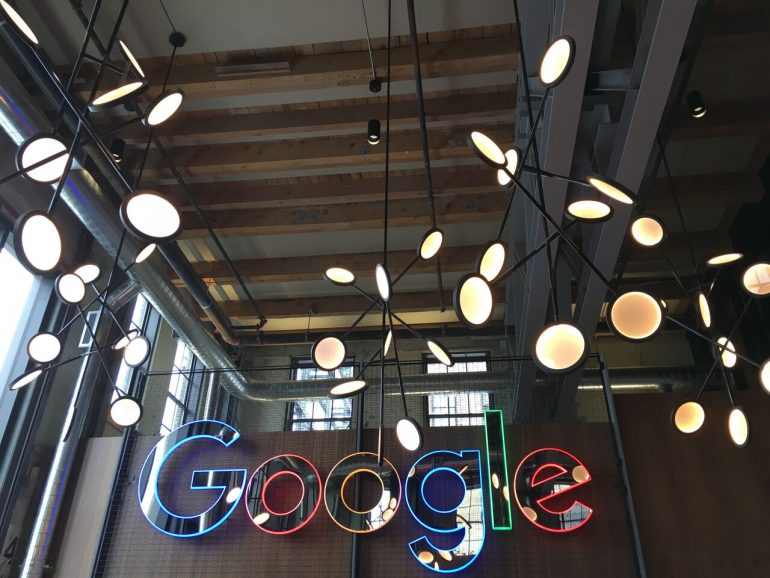Startups are known for their fun and flexible workplace cultures open to embracing different ways of working. A few months ago, BuildDirect allowed employees to take unlimited vacation to give employees time to “build the life they want”, and many startups in BetaKit’s weekly startup job spotlight boast remote-friendly options with free goodies.
As millennials and technology take over the workplace, so too will our perception of what the ideal workplace looks like. Market research agency Intensions and futurist Nikolas Badminton have released a study including 2,299 English-speaking Canadian adults between the ages of 20 and 59 to find out what Canadians value in their future workplaces.
“We can see that technological advances are changing the possibilities for us all to earn money on our own terms whenever, and wherever, we are.” – Nikolas Badminton
The study found that a quarter (26 percent) of Canadian adults believe an unbiased computer program would be more trustworthy and ethical than their workplace leaders and managers; among young adults, that number was significantly higher at 31 percent. At the same time, 26 percent of Canadian adults would prefer to be screened and hired, or have their job performance assessed, by an unbiased computer program. Conversely, thirty-four percent of young people would prefer to be hired by a computer program and 26 would prefer to be managed by an unbiased computer program.
“These days it has become normal to use technology from the minute we wake until we go to sleep. Oftentimes unwanted human interference with our day, like an HR person wanting a chat about benefits or to get your thoughts, can be seen as a hinderance,” said Badminton. “We also know that the old world where human bias at work can hinder our career needs to be made obsolete, and this is a big factor in the results we are seeing from the study. Computers (and AI) will not discriminate if we look at performance. That means better work from better employees and overall accountability.”
He added that he sees more automated HR and management systems being deployed in the next three to five years. The report also noted that Canadians highly value flexibility — 55 percent desire extended leave opportunities and 45 percent would prefer not to work on a fixed 9-to-5 schedule. To attain this flexibility, Badminton sees pay becoming more focused on output rather than hours worked, and 45 percent of respondents reported that they would like to start their own business in the future.
“It’s more about the rise of normal usage of social media as personal communications and platforms like AirBnB, Uber, and Freelancer.com that allow for flexibility around work and making money that has a big impact,” said Badminton. “Having tech in our pockets all day helps create habits around platform and software usage. Benedict Evans (of VC company Andreesen Horowitz) says that mobile is eating the world and with over 6 billion people having access to cellphones, then we can see that technological advances are changing the possibilities for us all to earn money on our own terms whenever, and wherever, we are.”
Respondents also had some concern about whether work was interfering with their personal lives — 37 percent of Canadian adults are concerned that work responsibilities are interfering with their personal lives, while 30 percent are always looking for new ways to cut corners and save time at work. Twenty-five percent think it’s fair to pursue their own projects and interests at work. Badminton sees more people negotiating unlimited vacation and the ability to work remotely as a result, and a rise in part-time contingent workers as the norm in businesses.
“I think the way that workplaces work has to change to allow creativity. Some of this is around loosening the idea of 9-to-5 days, long meetings, and seeing number of hours worked as a critical metric for employment,” said Badminton. “[Part-time workers] will be pursuing other careers at the same time, or being nomadic and hitting the road and connecting with work when needed.”


